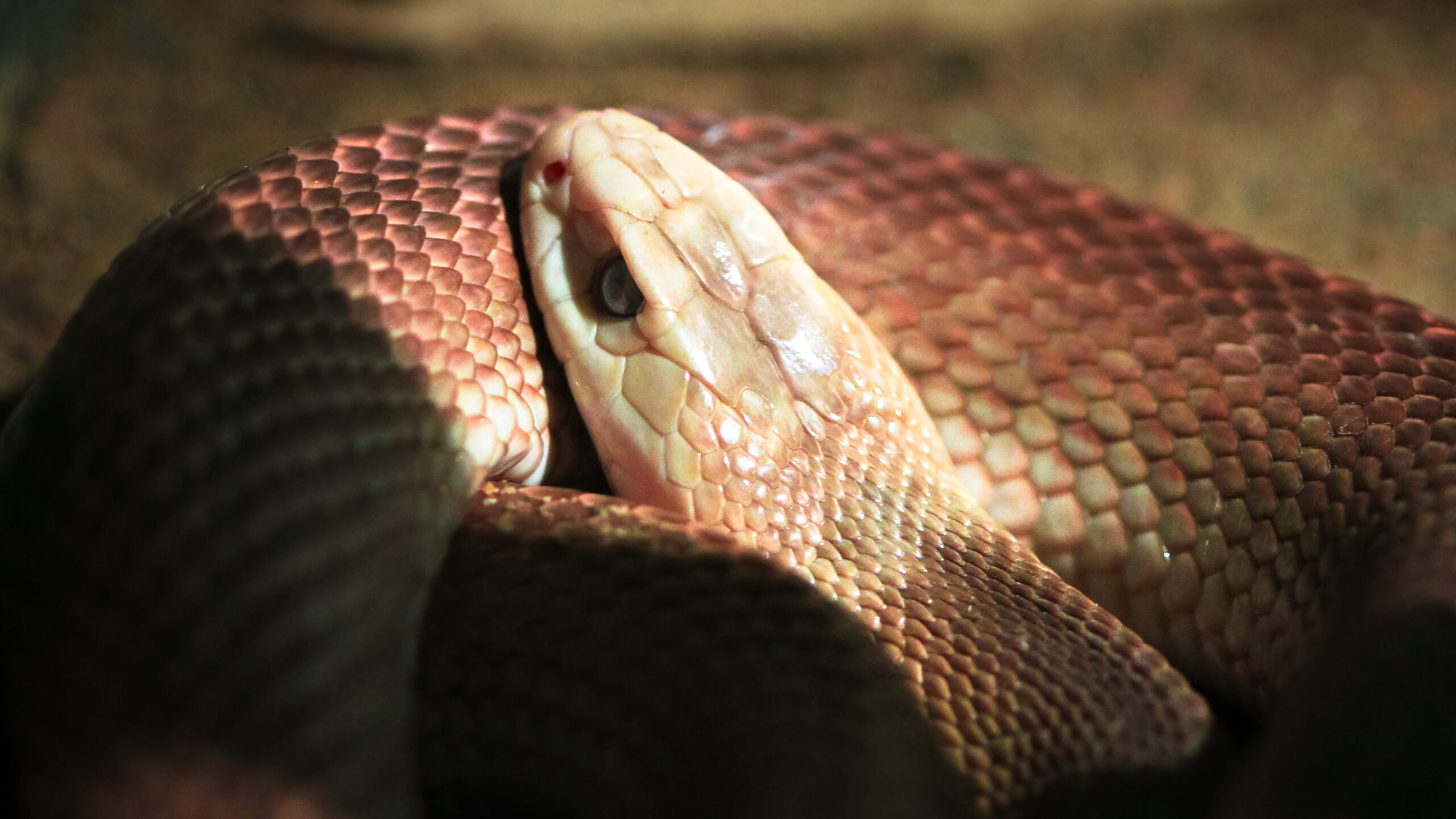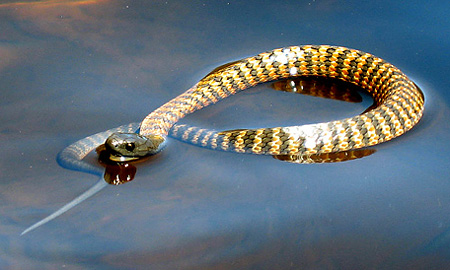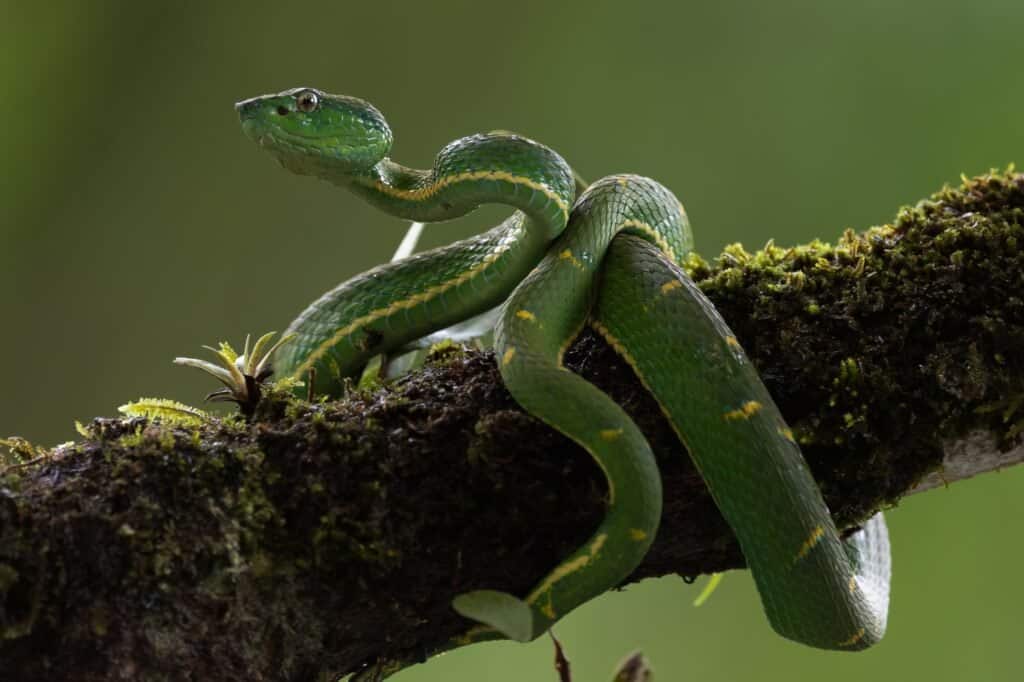Introduction
Australia is famed for its special wildlife, including a diverse selection of venomous snakes. These creatures, while typically feared, play essential functions in maintaining environmental equilibrium. Comprehending the conservation of Australia's venomous snakes and the duty that education and learning and understanding play can substantially enhance our coexistence with these interesting reptiles. This post discovers different elements of snake conservation, the relevance of public education, and useful emergency treatment actions for snake bites.
Conservation of Australia's Venomous Snakes: The Duty of Education and Awareness
In Australia, serpents are an essential part of the environment, managing parasite populaces and adding to biodiversity. Nevertheless, numerous species face hazards due to environment loss, climate modification, and human task. The preservation efforts targeted at shielding these reptiles hinge significantly on education and raising understanding amongst the public. hoop snakes

By notifying individuals regarding snake behavior, their environmental relevance, and secure practices for cohabiting with them, we can lower fear-driven activities that result in unneeded murders or injuries. Educational initiatives aid eliminate myths surrounding snakes-- such as the typical concern: are tiger snakes venomous?-- and motivate respect for their duty in nature.
The Value of Recognition Programs
Awareness programs are important in transforming public perceptions about snakes. Several individuals check out these reptiles as inherently harmful without comprehending their ecological duties. Public outreach initiatives can include workshops, community events, institution programs, and info projects made to inform individuals about:
- Identification of venomous species: Understanding which snakes are dangerous aids people avoid encounters. Safe behaviors: Training individuals just how to act around serpents can stop bites. First aid knowledge: In cases where attacks do happen, being notified about first aid for serpent attacks can conserve lives.
By enhancing recognition with structured education and learning initiatives, we can foster a culture that appreciates wild animals and focuses on conjunction rather than fear.
Types of Venomous Snakes Found in Australia
Australia is home to some of the world's most poisonous serpents. Right here's a brief introduction:
Tiger Serpent (Notechis scutatus)- Commonly found in coastal regions. Known for its powerful neurotoxic venom. Frequently seen near water bodies.
- Highly aggressive with potent venom. Responsible for even more snakebite casualties than any type of other types in Australia.
- Known for its ambush hunting style. Has swift striking speed with extremely neurotoxic venom.
- One of Australia's largest venomous snakes. Its attack can provide huge amounts of neurotoxin.
- Generally non-aggressive yet still possesses unsafe venom. Found mainly along the southwestern coast.
Understanding Their Habitats
Understanding tiger serpent environment is necessary for both preservation efforts and public safety and security. Tiger serpents prosper in locations near water tree snake resources such as swamps, lakes, and marshes yet they additionally live in seaside regions. Safeguarding these habitats is vital for making certain the survival of not only tiger snakes yet likewise other wildlife within these ecosystems.

Habitat Protection Initiatives
Various companies function towards environment security through efforts such as:
- Establishing protected areas Restoring broke down habitats Promoting lasting land usage practices
These gauges not just benefit tiger snakes yet contribute to overall biodiversity conservation.
The Function of Research in Preservation Efforts
Research plays a critical duty in recognizing snake populations and their wellness status. Recurring research studies into the ecology and behavior of Australian snakes educate conservation techniques by offering information on population numbers, breeding patterns, and dangers encountered by different species.
Key Study Areas Include:
- Venom analysis Population dynamics Habitat preferences
This study can assist reliable monitoring plans to shield at risk varieties while assisting in coexistence with humans.

First Help for Snake Bites: Essential Knowledge
One essential element that links with education and learning is knowing what to do in instance one deals with a snake bite-- a scenario that demands instant reaction skills.
What Every First Aid Set Must Contain
An appropriate serpent bite emergency treatment kit should consist of:
- Compression bandages Sterile gauze pads Antiseptic wipes A splint or immobilization device Emergency get in touch with numbers
Step-by-Step First Aid Therapy for Snake Bite
Remain calmness; try to restrict activity as it may spread venom quickly. Apply a compression bandage over the bite website without cutting off circulation. Keep the bitten arm or leg immobilized at or below heart level. Seek emergency medical aid immediately.Why Education on Emergency treatment Is Crucial
Educating communities concerning emergency treatment measures guarantees prompt actions during emergency situations which can substantially decrease morbidity related to serpent attacks throughout Australia.
Frequently Asked Questions (FAQs)
1. Are tiger snakes venomous?
Yes! Tiger snakes are highly venomous with neurotoxic results which make timely medical treatment crucial after a bite.
2. What need to I do if attacked by a child tiger snake?
Follow requirement first aid procedures quickly-- keep calm, incapacitate the arm or leg, use stress above the bite website using a plaster or towel without restricting blood flow-- and seek clinical help without delay.
3. Exactly how typical are snake bites in Australia?
While stats vary year-to-year as a result of elements like climate condition affecting serpent activities; ordinary records recommend around 300 cases annually with fatalities being relatively rare due to enhanced clinical responses.
4. Can I deal with a serpent bite at home?
No! Home therapies such as applying ice or sucking out venom are inefficient; professional medical focus is required after any type of suspected bite incident.
5. What's special about eastern brown snakes?
They're known for their aggressive nature integrated with potent poison; they make up most deadly attacks in Australia due mainly to their distance to booming areas!
6. What are some common signs following a serpent bite?
Symptoms might include swelling around the bite location, discomfort at or near Systemic Effects the site; systemic signs could entail nausea or difficulty taking a breath depending on toxin type taken in right into bloodstream!
Conclusion
Conservation initiatives bordering Australian venemous serpents rest on reliable educational methods that empower neighborhoods while fostering regard towards these often-misunderstood creatures! By enhancing awareness concerning their eco-friendly relevance alongside proper safety procedures-- consisting of emergency treatment expertise-- we pave roads toward sustainable coexistence benefiting both humans & & wildlife alike!
In significance-- the discussion surrounding preservation has to continue prospering via aggressive interaction marrying scientific research study along with community participation guaranteeing purposeful influence today & & tomorrow!